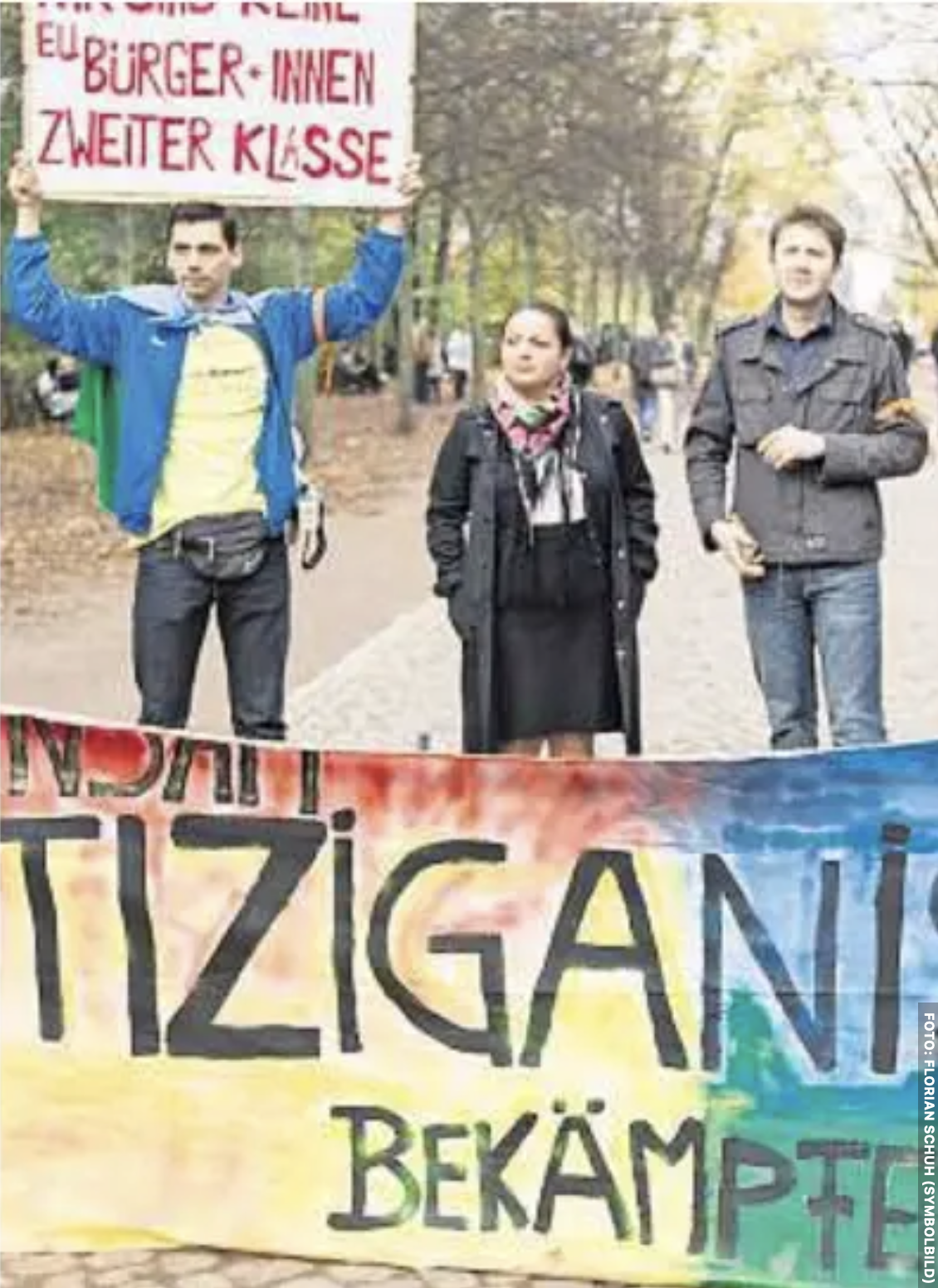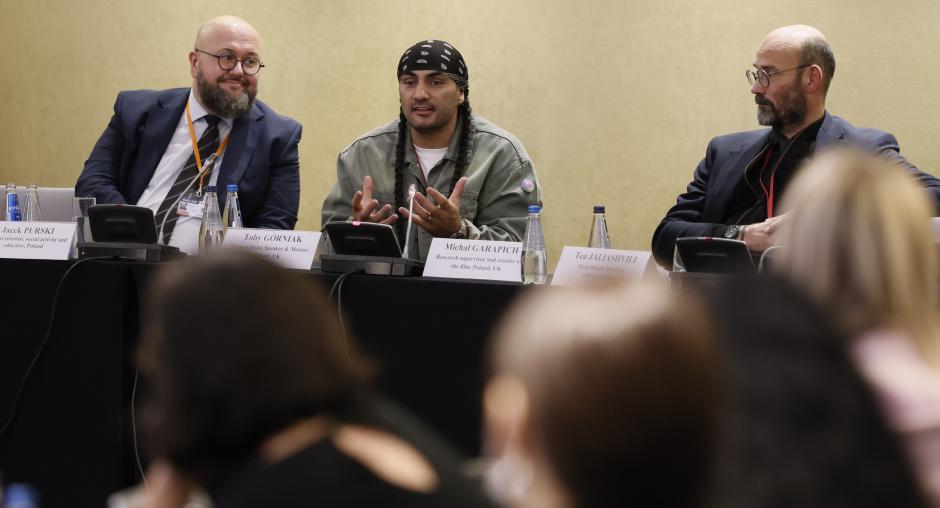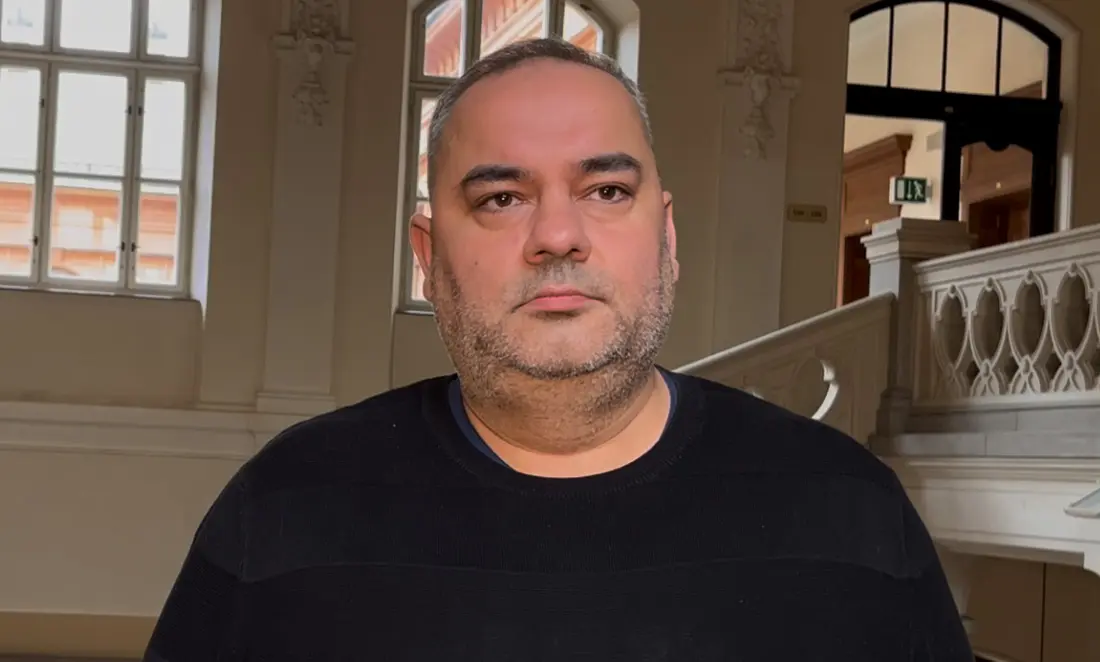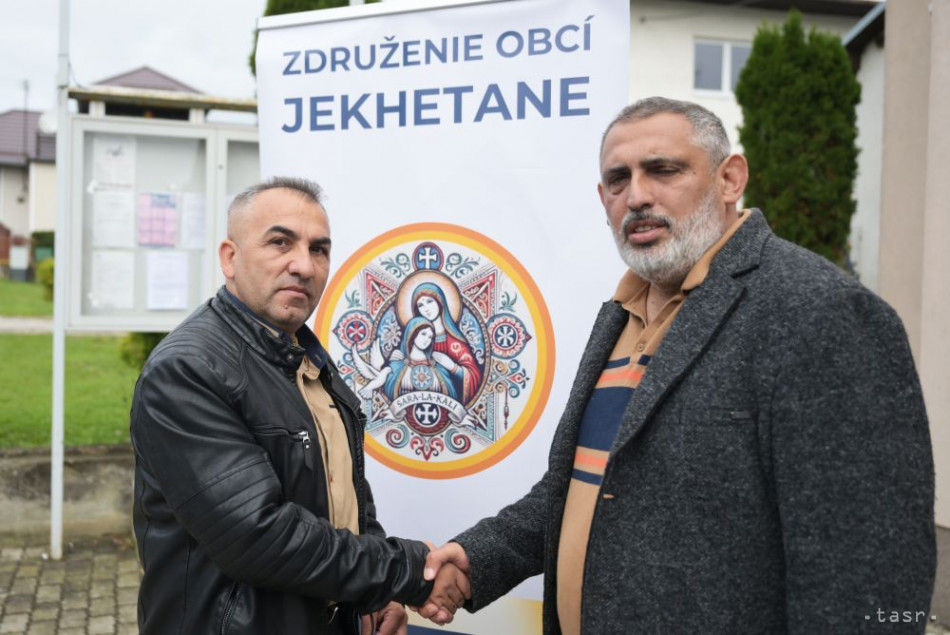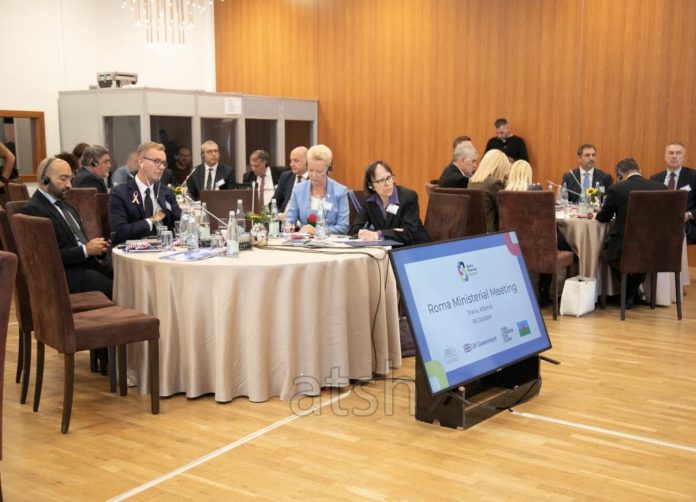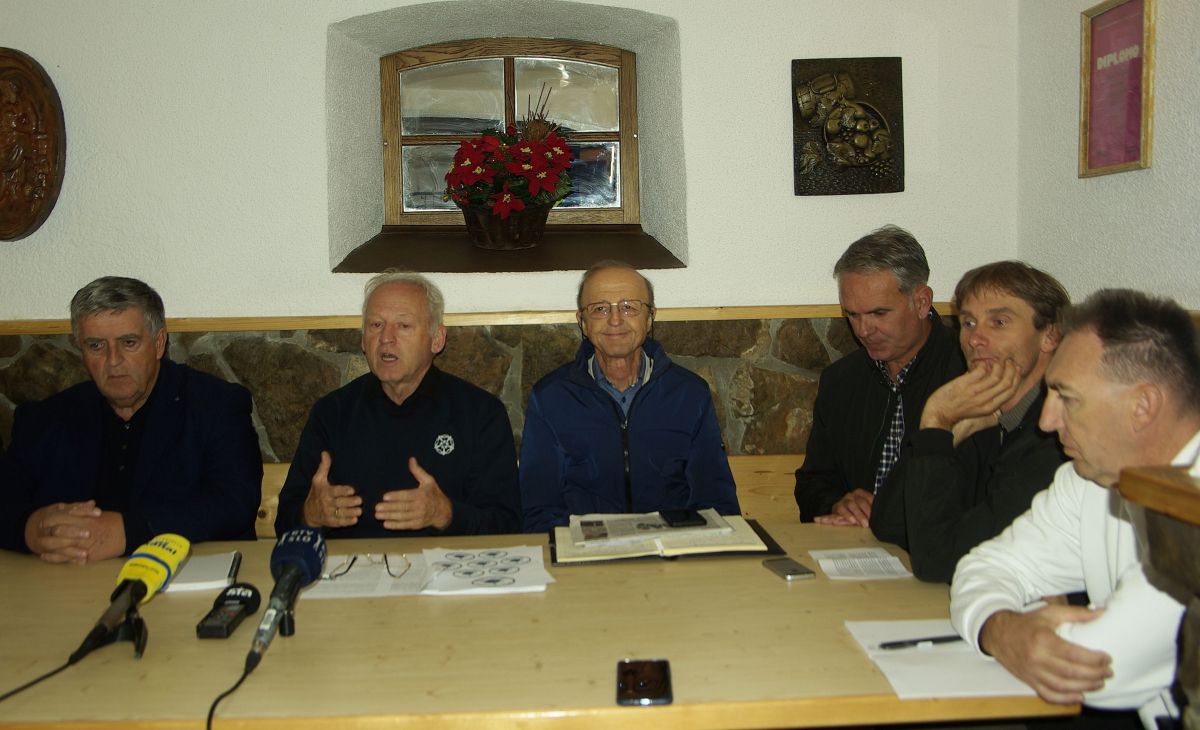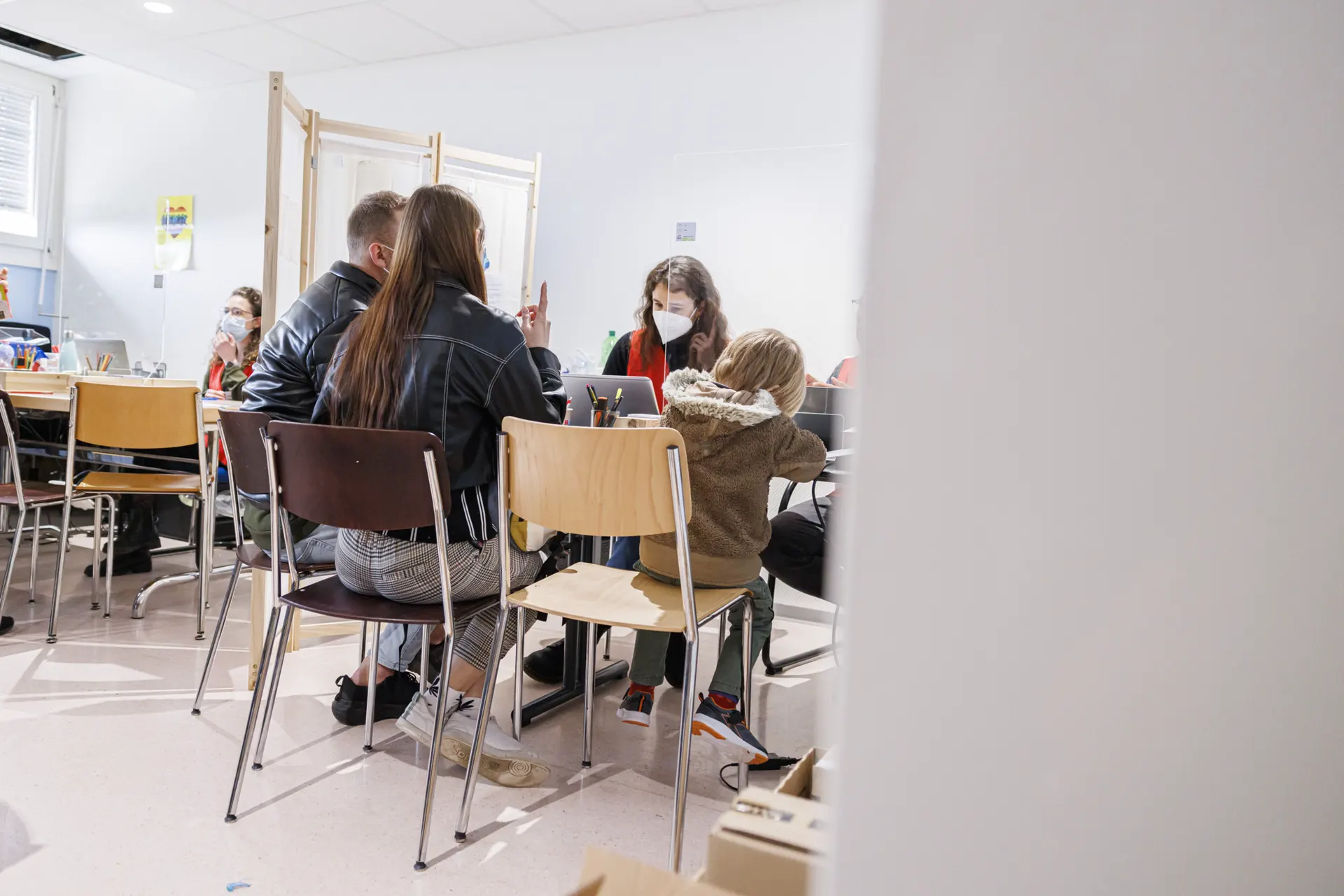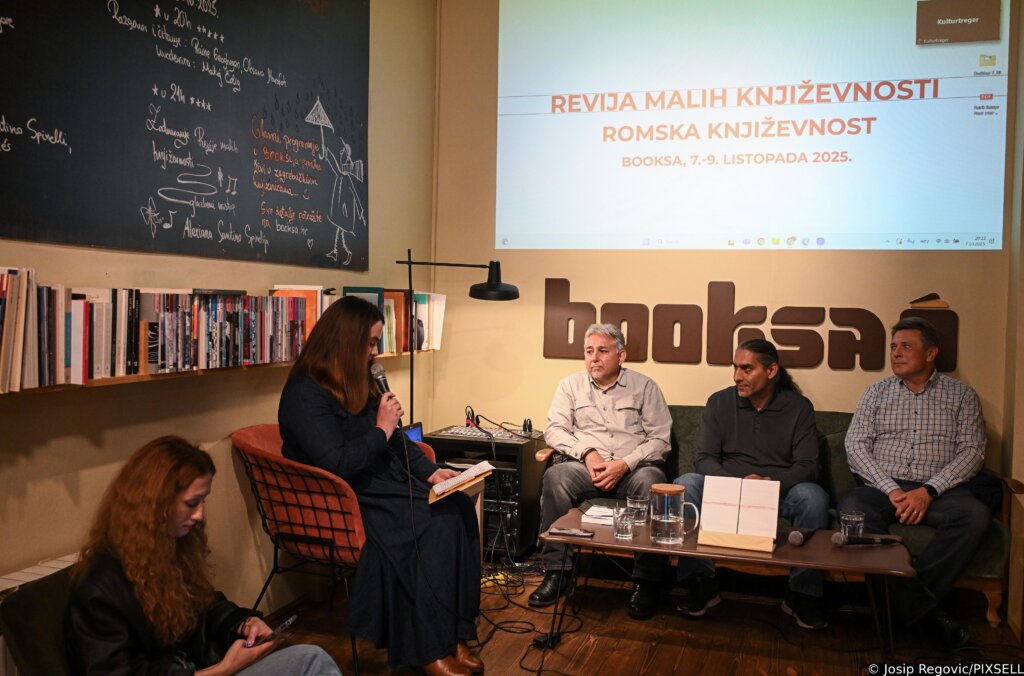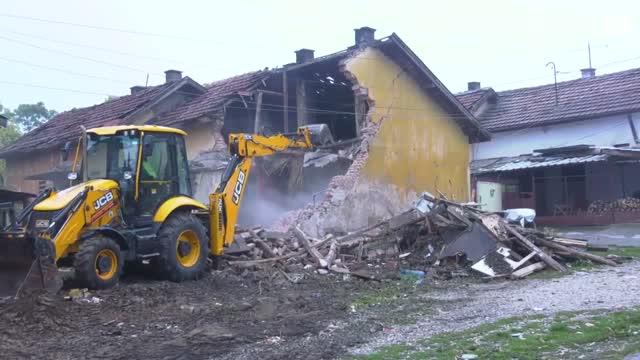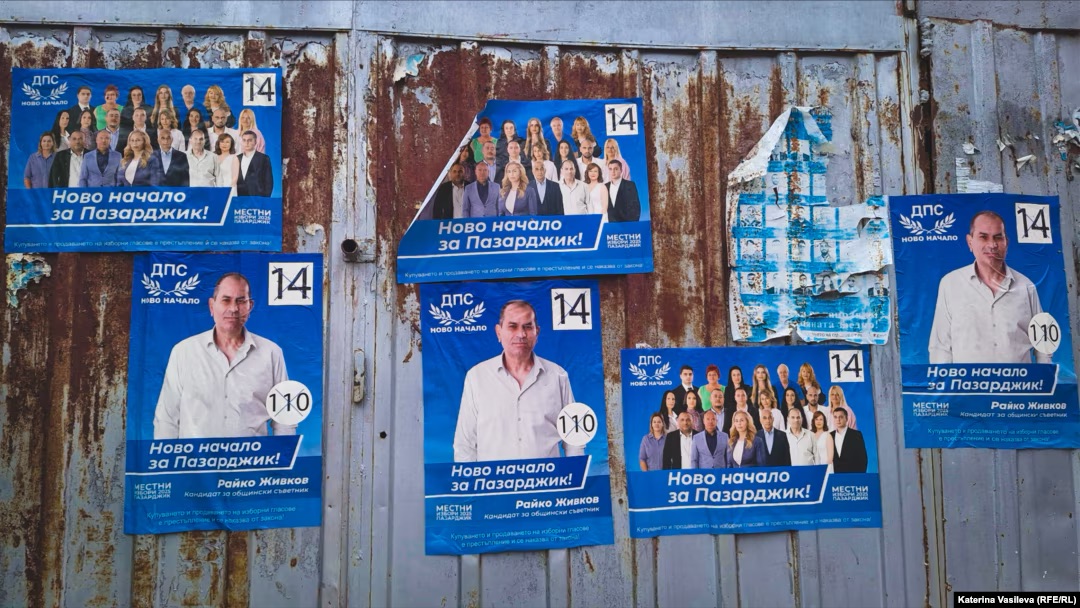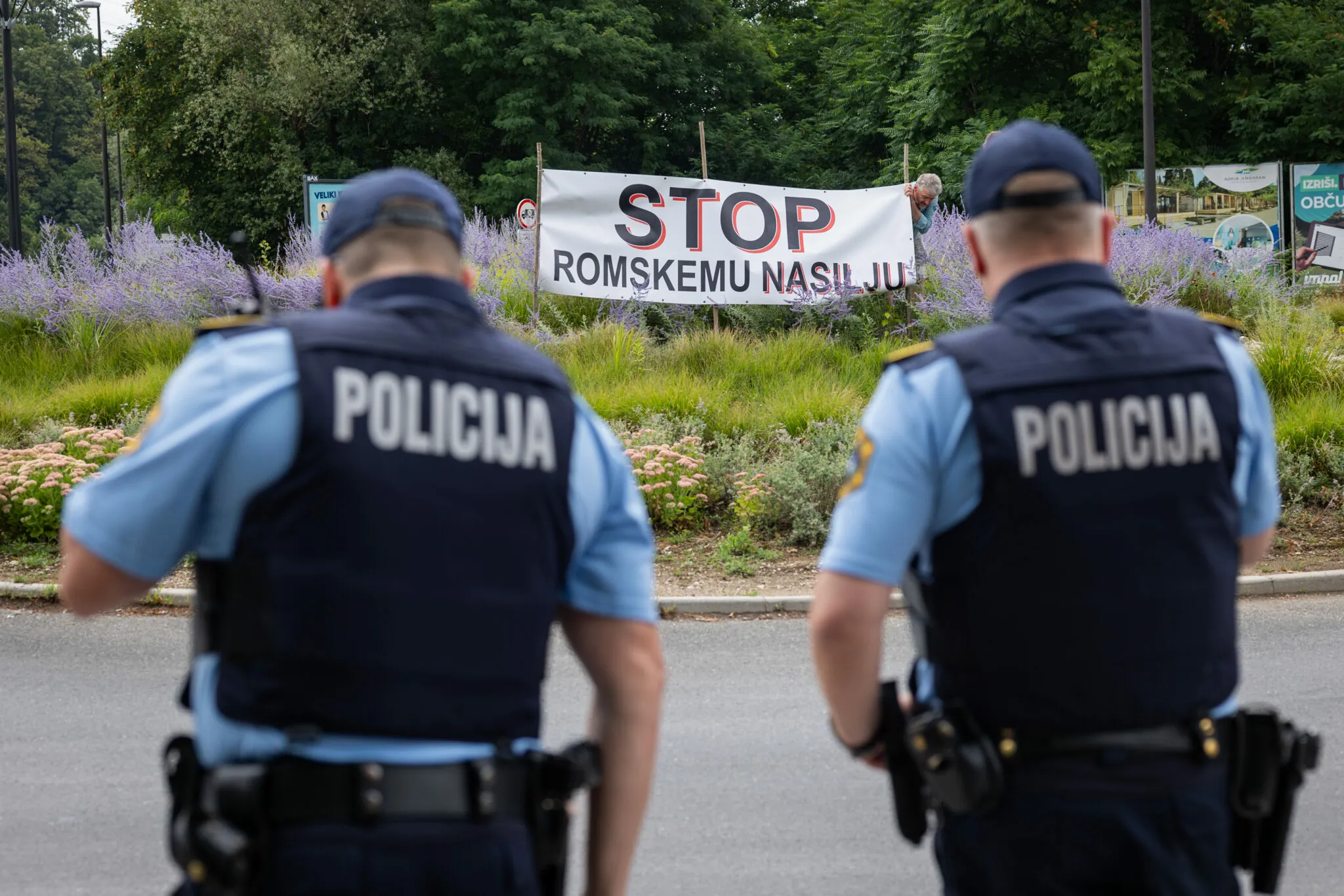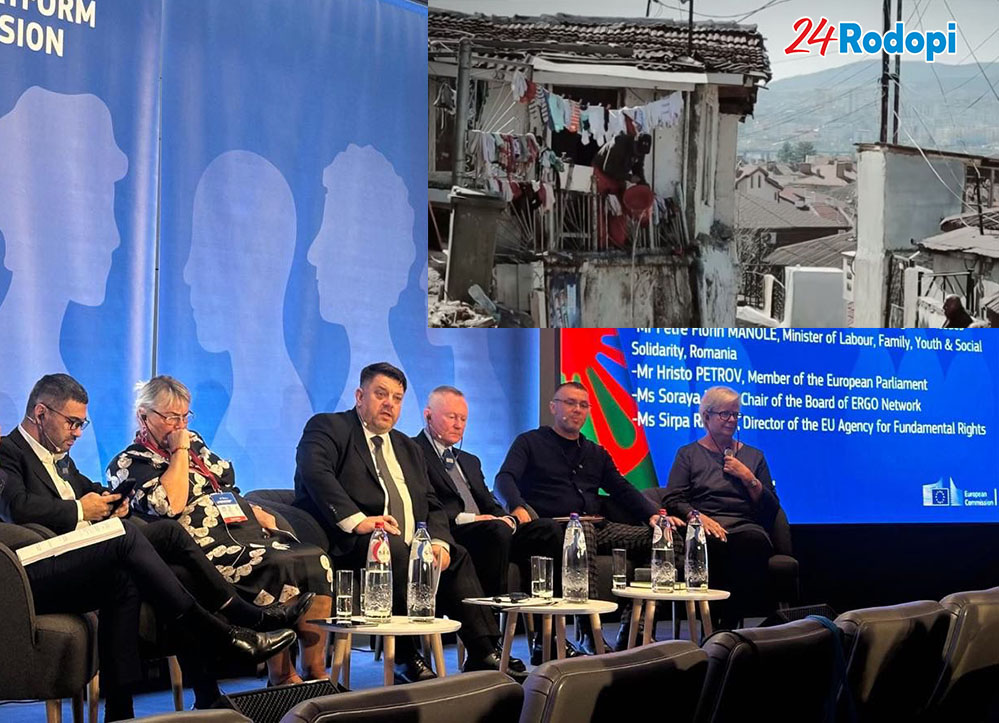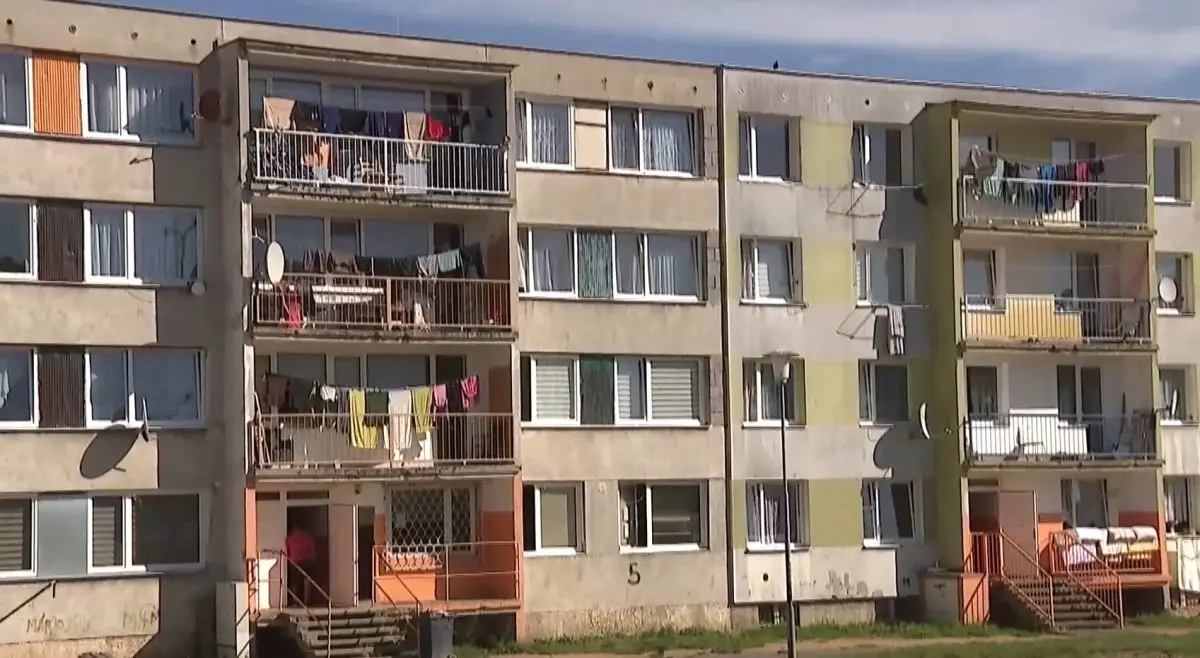Another diatribe from a Slovenian MP regarding the security in Southeastern Slovenia. MP Anja Bah Žibert stated at a press conference: Due to the failure to resolve the Roma issue, the situation in the southeast of Slovenia is deteriorating. We are no longer talking about individual incidents, but about steadily increasing violence. Despite numerous warnings from residents, mayors and people’s initiatives, which have been warning about the increase in crime, violence and threats to security for a long time, the state remains passive. The government of Robert Golob has repeatedly promised measures, but these have not been implemented in practice, the SDS MP reminded.
- Bah Žibertova o romski problematiki: ne gre več za posamezne incidente, nasilje vztrajno narašča. In: Domovina. 15.10.2025. https://domovina.je/bah-zibertova-o-romski-problematiki-ne-gre-vec-za-posamezne-incidente-nasilje-vztrajno-narasca
- Anja Bah Žibert o romski problematiki: “Če vlada ne zagotovi reda in varnosti, nima pravice vladati”. In: Nova 24TV. 15.10.2025. https://nova24tv.si/bah-zibert-o-romski-problematiki-ce-vlada-ne-zagotovi-reda-in-varnosti-nima-pravice-vladati/

